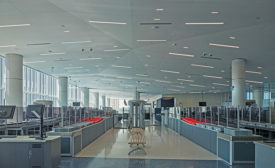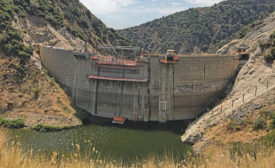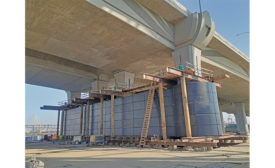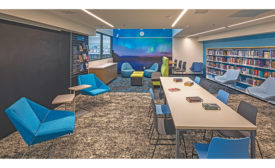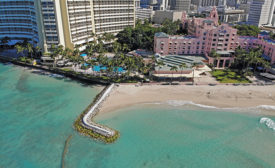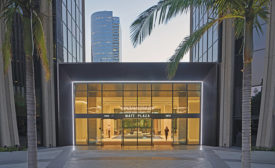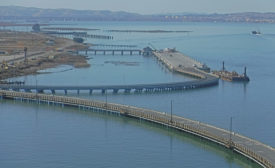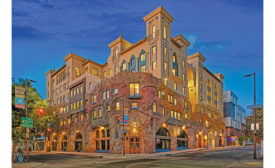California
Best Projects
Replace/Upgrade Pier 2 at Military Ocean Terminal Concord (MOTCO)
September 29, 2021
The latest news and information
#1 Source for Construction News, Data, Rankings, Analysis, and Commentary
JOIN ENR UNLIMITEDCopyright ©2025. All Rights Reserved BNP Media.
Design, CMS, Hosting & Web Development :: ePublishing
